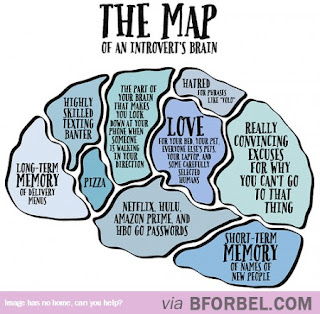Call of Cthulhu: Day 2; Odd & the Frost Giant Test
This morning, please pick up The Stone Gods by Jeannette Winterson (see below). When you return from the library, please help yourself to a bagel. Then take the online quiz on Odd & The Frost Giants . This is NOT an open book test! After completing the test do one of the following while you are waiting for others to finish: 1. Work on your horror/suspense/weird story draft 2. Begin reading The Stone Gods 3. Finish reading part 1 of "The Call of Cthulhu" (your homework from last class) When all are done with their quiz, let's continue reading "The Call of Cthulhu." HOMEWORK: Work on your portfolio. You will have about 3 weeks when you return to complete your portfolio. For those of you who need extra time to read, begin The Stone Gods . We will be heading completely into gender issues when we return from winter break. As you read, apply feminist and gender critical theories to the text. Have a nice winter break & holiday!

